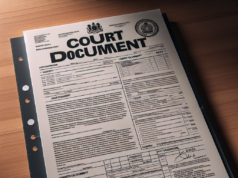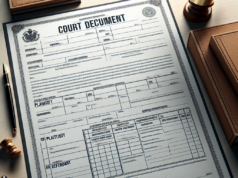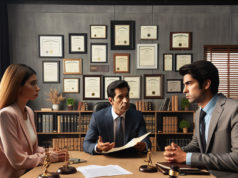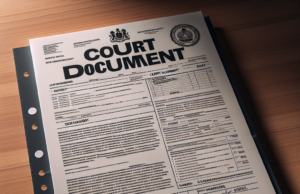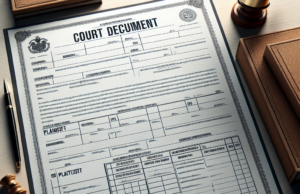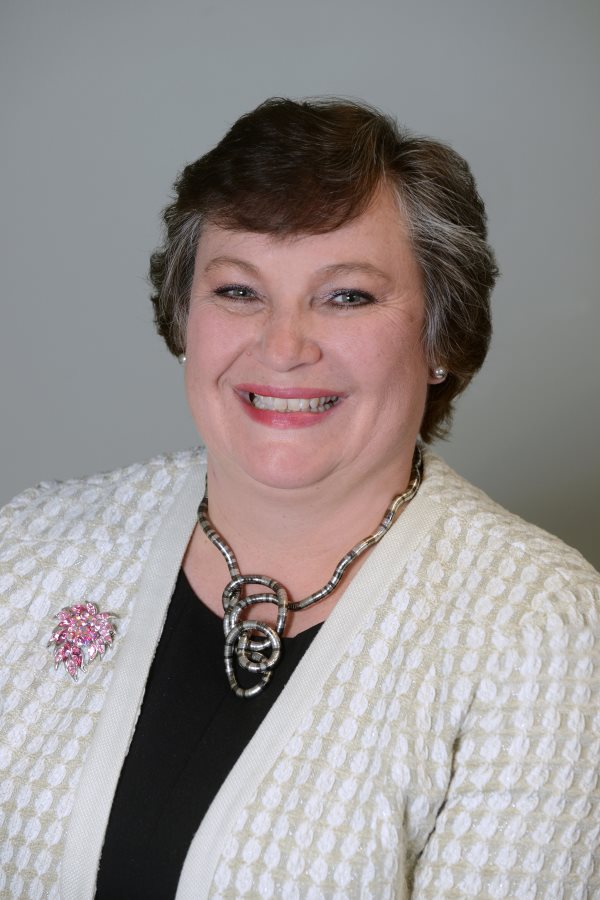
Rockville, MD—Donna E. Van Scoy doesn't believe that her divorce law practice—or any law firm, for that matter—is for everybody.
“I always tell people I meet, at the beginning of their first consultation, that what I think is most important is that you must be comfortable with the attorney,” she told laws.com in a recent interview. “You need to have a working relationship. If something about me does not work for them, perhaps another attorney should be consulted. The working relationship is huge. A lot of intimate details of your life are going to be shared with this person.”
(More on News at LAWS.com, Contact Sean for interviews “seanc@laws.com”)
Van Scoy wanted to become an attorney from an early age. “I realized law was my calling when I was in second grade,” she recalls. “Something would happen, I would disagree, and I would work to convince the other person that they were wrong. My teacher said I would grow up to be a lawyer, and I remembered that.”
Today, resolving disputes and negotiating for her clients is all in a day's work for Van Scoy. The best way to avoid a high-conflict divorce is to leave your emotions out of the process, she says. “If someone comes in and wants to avoid a mess, whether the divorce comes one year or 20 years into a marriage, they need to be able to put emotions on the back burner.”
For some couples, mediation can be a good way to avoid spending a lot of money on divorce litigation. “If I am convinced that the client has thought through the process, is able to communicate, and seems to have equal power in terms of finances as well as respect, then mediation might be the best way to go,” Van Scoy explains.
At Van Scoy's practice, three different techniques are used for resolving divorce disputes outside the courtroom: mediation, negotiation and a newer technique called collaborative law. This involves bringing in psychologists and financial experts to help a couple divide custody and possessions without going to court.
Van Scoy believes that some of the biggest advances in divorce law have come from attorneys working together to help families through difficult times. “In custody cases, I think that the lawyers try to get more involved now with other professionals, in mental health as well as finance, so that the family has services to make those important decisions.”
“If all else fails, I am prepared to do litigation,” Van Scoy says. “But I do not recommend that. I would say that 90 percent of my cases settle. But that is something that has changed in the last 5 to 7 years. The cases that go to court are nastier, but the good news is that we've helped more and more people settle overall.”
Even people whose divorces appear very simple may want to talk to a lawyer before they sign anything, according to Van Scoy. “I think that like anything else in the world, such as purchasing a house or taking a vacation, you should always talk to a professional, whether you're a younger couple or an older one, to make sure that you're not missing anything that would affect you down the road. In an uncontested situation, you don't need to spend a lot of time or money, but you should still take the time to talk to a professional.”




